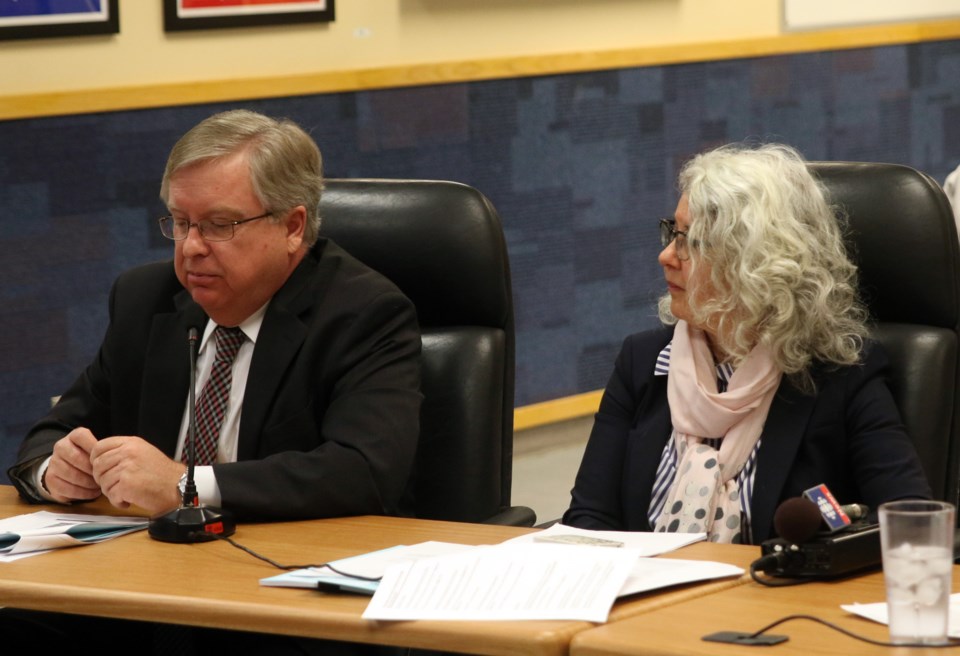THUNDER BAY - Thunder Bay Police are developing a new plan to create more inclusion and diversity in the local force after a similar plan first developed more than 10 years ago failed.
During the Thunder Bay Police Services Board meeting on Tuesday, acting Chief Sylvie Hauth and communications director, Chris Adams, presented a new diversity initiative that they say will diversify the police force, provide more cultural training, and create more open dialogue within the service and the community.
“This is the time for us to take action,” Hauth said. “It’s important for us to remain committed and move through with this project.”
The initiative will be developed in four phases, including revamping the TBPS Aboriginal Liaison Unit, invigorating the recruiting process to attract Indigenous and other underrepresented groups, creating cultural competency through training, and ensuring sustainability and commitment to the initiative.
A similar plan was first developed in 2004 to create bias-free policing and review internal policies, however, by 2010 the plan fizzled out and failed. According to Adams, there were a number of factors that led to its failure, such as a lack of long term goals, a lack of renewal or review, and the continuity of the project being broken.
Thunder Bay Police Service Board chair, Jackie Dojack, said the initial plan was a good project for a number of years, but in order for real change to take place, it must become a part of the fabric of the organization.
“As with any change project, if it is going to be sustainable and really become part of the organization, it has to change the culture of the organization,” she said.
“We are well aware of the issues of how it fizzled out, how a change project can fail. They will use that knowledge to ensure that this one will become imbedded in the culture and actually changes the culture of the police service.”
Leisa Desmoulins, a professor at Lakehead University specializing in Aboriginal education, has been secured as a consultant to assist on the initiative for the next two years. But Hauth said steps will be taken in the coming months to get the project rolling.
“Within the next month will be doing an internal survey,” she said. “We really want to capture the current composition of our force and have a starting point in terms of what we look like as an organization.”
Hauth added they will be utilizing lessons learned from other police forces across Canada who have faced similar issues and develop their own plan with input from the community on what needs to be done in Thunder Bay specifically.
An external survey will be conducted as part of the initiative to learn more about the public’s trust in the police service and what priorities are needed in the community.
During the presentation to the board, several tipping points were pointed out, including the First Nation youth inquest, the investigation into Stacie Debungie, the Office of the Independent Police Review Director review, concerns expressed by the Ontario Human Rights Commission, and the media spotlight.
“The police have been under the spotlight, both locally and provincially and nationally,” Dojack said. “There has been probably a poor perception of the police by some people. As we know, here in Thunder Bay, our police service is dedicated to community safety. Do we have some misfortunate incidents? Yes we do.”
Hauth said any recommendations that come from the OIPRD review will be included into the initiative, but she wants to get the plan moving forward as soon as possible and she hopes the perception of the police will change as the new diversity initiative develops.
“I would like to see for us to be in a position where we have the trust, we have the accountability, and we have the engagement of our community and they are by our side every step of the way,” she said. “When you look at the totality of the project, we want this to be achievable and we want it to be sustainable. I don’t want to do something that will last three months that will be okay for the day, and then go away.”
